Learn what to expect at spay and neuter appointments, and the benefits of how this procedure can affect your dog’s health and happiness!

Vets in the City
What to expect at Spay and Neuter Appointments
Vets in the City
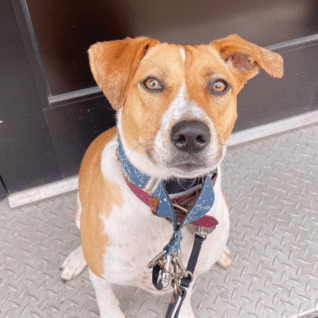
@ellietheheelerx
What are the terms Spaying and Neutering?
Spay and neutering are standard terms used to describe the removal of an animal’s reproductive organ through a surgical procedure. These are procedures executed by a licensed veterinarian, and the primary purpose is to cease the reproduction process.
Why is it important, and has become such a big topic in the last couple of years?
Spay and neutering have become a big topic due to the overpopulation of stray domestic pets. Spay and neutering are essential for the health of our pets. It prevents unwanted pregnancies, behavioral changes, and diseases.

@roranthedood

@bababulma
What are the benefits of spaying and neutering?
The main benefit of spaying/neutering our pups is that pet parents are practicing preventive medicine when deciding to make an appointment. It prevents the development of lethal diseases and behavioral changes.
What are the negative consequences if you don’t spay or neuter?
When dogs reach a certain age, they can experience behavioral changes which can cause harm. They can start showing aggression, marking the household, and attempting to run away. The consequences can be manifested in physical anomalies such as infections and cancer. It has led pet parents to surrender their pups, directly impacting non-profit organizations such as shelters and rescues.
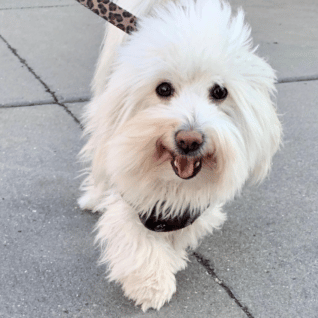
@shayna.maydele.the.coton

@bigcitybronson
Is there a best time to spay or neuter?
It all depends on the veterinary professional and how comfortable they feel with the surgical procedure. In general practice, they recommend spaying/neutering around six months of age; this way, the pup will have time to develop its immunological system. In shelter medicine, it’s common to do neonatal surgical procedures. It’s recommended that the patients weigh around two pounds and be healthy.
What does pre-op look like?
Before doing the surgical procedure, the veterinary professionals will do a complete physical exam and run blood work to ensure the patient is healthy.
We all know surgery can take a lot on the body; we always want to make sure they can make the best recovery possible. If the patient is cleared for surgery, the prepping process can begin. The prepping process includes anesthesia, pain, and anti-inflammatory drugs. The veterinary professionals prepare the surgical area (where the licensed veterinarian will make the incision) to prevent the development of bacteria and then off to surgery.
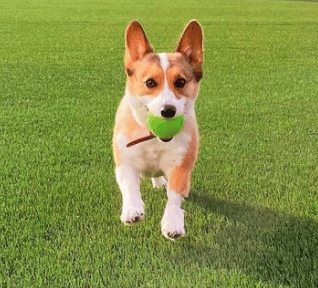
@carrot_thecorgi
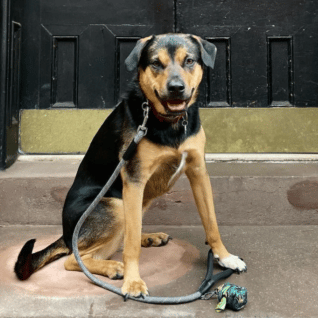
@maya_theestallion
What does post-op look like?
Once the patient is out of surgery, the veterinary professionals will administer fluids to help your dog recover. With the pet parents’ consent, the veterinary professionals can administer vaccines and do microchip implants in the recovery process (while the patient is still under the anesthesia effect).
Will my dog’s personality change post-op?
For the first 24 hours, the pup may act tired and lethargic due to the effects of the anesthesia and pain medications, but this should resolve. Your dog’s personality won’t change in the long term unless it presents the behavioral changes mentioned before.
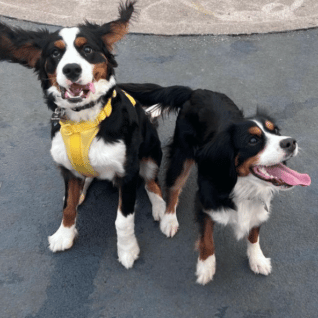
@jude.da.dude_
TLDR:
Spaying and neutering have more pros than cons. You are not only helping your pup but also the community. Non-profit organizations are facing staff shortages, burn-out, and an exhaustion of resources due to the high cases of unwanted pets, neglect, and abandonment. By spaying/neutering your pet, you are a responsible pet parent and citizen!




Conversation